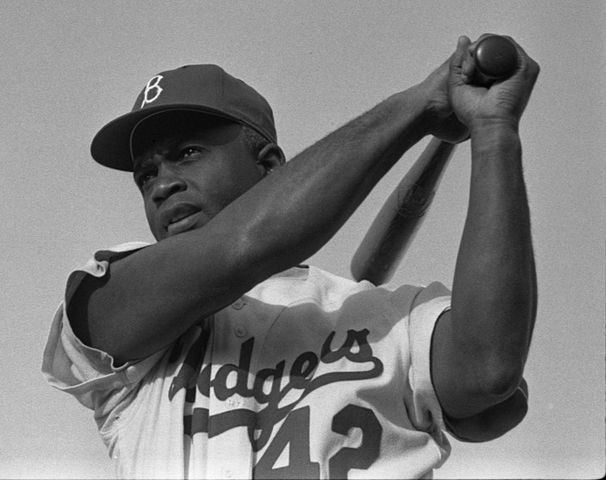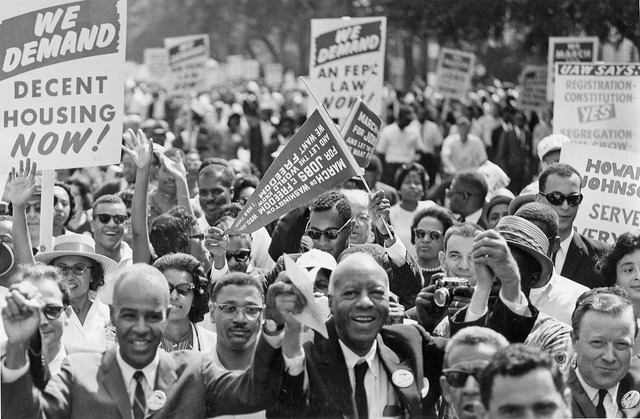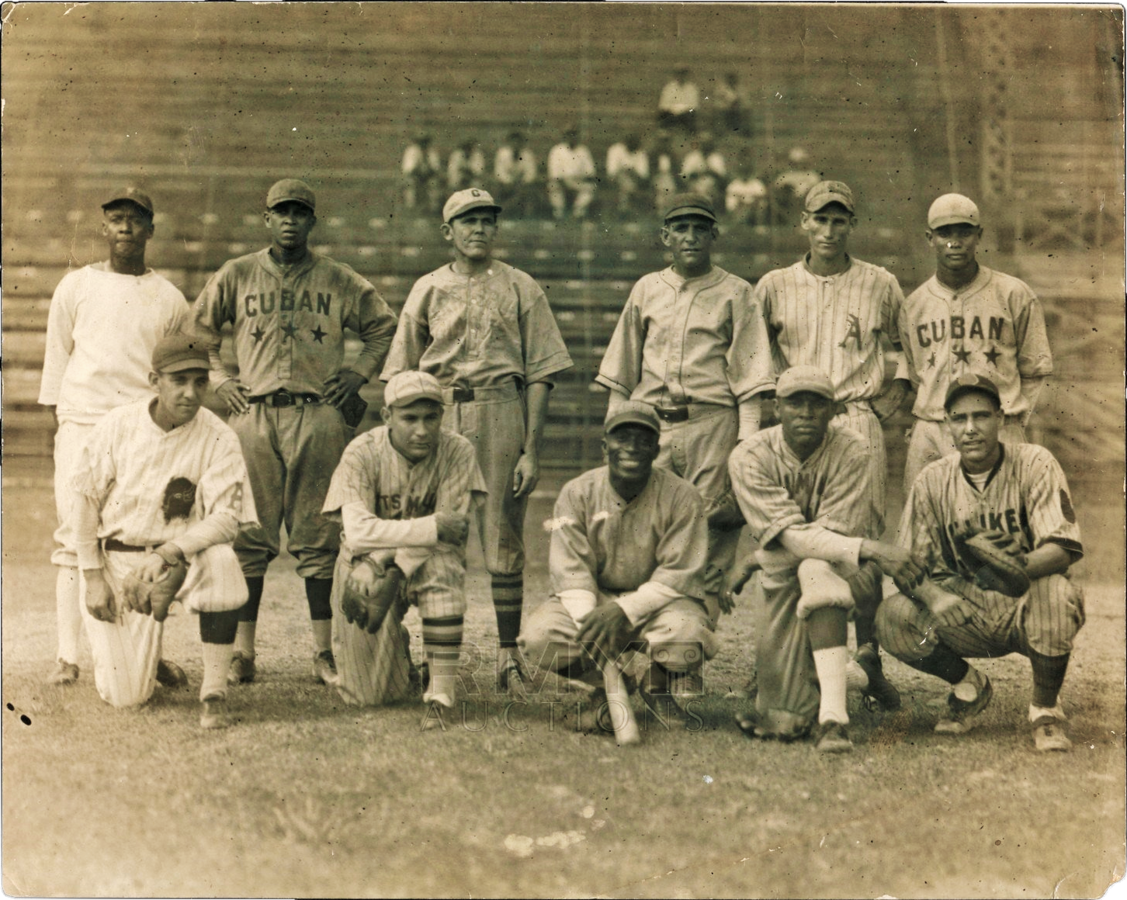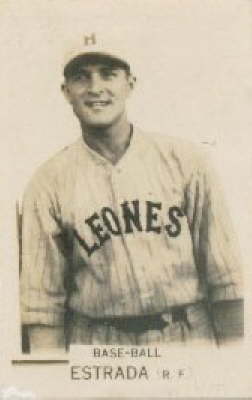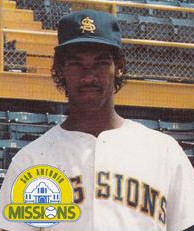Learning Guide
Grade Levels
5-8
Subjects
Language Arts, Social Studies, Art, Media Literacy
Grade Levels
5-8
Subjects
Language Arts, Social Studies, Art, Media Literacy
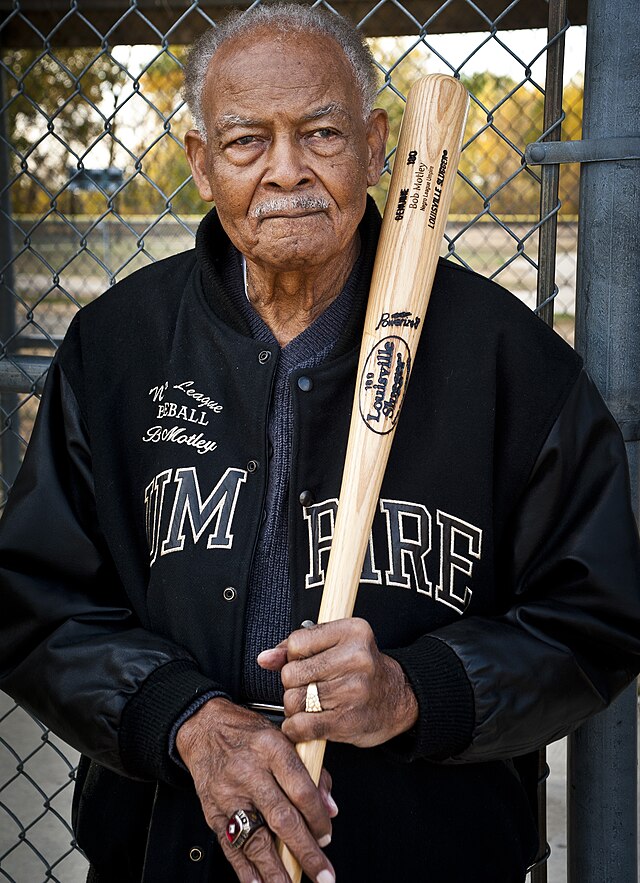
Bob Motley, last living Negro Baseball League umpire. He is the father of our guest, Bryon Motley. Image source
On this episode, we learn about an important part of baseball and U.S. history, the Negro Baseball Leagues. We hear from Byron Motley, filmmaker, artist, author and son of Bob Motley, Negro Baseball League umpire who shares knowledge from his and his father’s life.
We learn about how and why the Leagues were formed, who were some of the most stand-out players and what were their experiences, how and why the Leagues came to an end, and what they can teach us about our society and our future!
Complete the activities below to challenge what you know and learn more!
League
a group of sports teams which play each other regularly or compete in the same championship
Umpire
In baseball, the umpire or ‘ump’ is the person in charge of enforcing the rules of the game. They judge the game play, decide results, assign points and penalties and make sure that players stay safe.
Vocabulary
Vocabulary words can be found with throughout the page in bold.
Civil Rights Movement
An effort made by thousands of Americans in the 1950s and 1960s to end racial segregation and discrimination and allow non-whites to gain equal rights. Some of the methods used were peaceful, non-violent protests and marches, boycotts, speeches and more.
Segregation
the forced separation of people of different races. Laws establishing racial segregation required that services such as schools, hospitals, restrooms and more be separated for people based on their skin color.
Integration
when members of different racial and ethnic groups join or mix together and start to experience fair and equal treatment within a desegregated environment
Negro Baseball Leagues
Baseball is a popular sport and tradition in the United States. A baseball league is created when a group of teams play each other regularly or compete in the same championship. The most highly acknowledged league in the US is Major League Baseball or MLB, but there have been other leagues, such as the Negro Baseball Leagues. These leagues were created in 1920, under the practice of segregation, the separation of people of different races. Black athletes who wanted to play baseball professionally were not allowed to play on the same field at the same time as white players, so some team owners organized the Negro Leagues for athletes who were Black, of African or Latino descent, or of other diverse races.
Question Challenge:
What do you wonder about the Negro Baseball Leagues?
On our show we heard great questions to our guests from the kids crew such as: “Why did baseball used to be so segregated?” and “How long did the Negro Baseball League exist?”
Think of two or more questions that you have about the Negro Baseball Leagues.
In English, the word ‘Negro’ has been used to refer to a person of black ancestry or appearance. This word was first used by white people to separate Black Americans from White Americans. Throughout history the use of the word has evolved. In the 1950s and 1960s in America, ‘Negro’ became the more polite term use, instead of “colored” or “black.” Then in the late 1960s there was a push to end the use of Negro because it was considered offensive by many Americans. In 2013, the US Census stopped using “Negro” in its surveys and replaced it with “Black” or “African American”. In recent years, Black Americans have created social movements like Black Lives Matter to bring attention to racial discrimination. These days, most English-speaking people have stopped using the word Negro, unless it refers to historical organizations or art. For example, the word is used to describe Negro spirituals (songs), the United Negro College Fund, and the Negro Baseball Leagues.
Activity: My Preferred Name
Throughout history, Black American’s perspectives and feelings about being called ‘Negro’ has evolved. The word ‘Negro’ was commonly used in the 1900’s, but today it is considered offensive. To label someone with a name other than their preferred name, or the name they like to be called, is a disrespect to the person and to the greater community. The best way to know what to call someone is to ask them what is their preferred name. Think about your preferred name and how you wish to be called with the help of this activity.
Segregation and the Civil Rights Movement
The civil rights movement was a massive effort made by thousands of Americans in the 1950s and 1960s to end racial segregation and discrimination and allow non-whites to gain equal rights. The causes of the movement were rooted in the harmful injustices of colonization and slavery. When slavery was ended after the Civil War, other systems of discriminiation still existed, such as the passing of Jim Crow Laws, which legally established segregation, and denied Black Americans the the right to vote, hold jobs, get an education, go to certain stores or restaurants, and many other opportunities. Those who tried to have these privleges faced arrest, fines, violence and even death.
After generations of this unfair treatment, leaders such as Martin Luther King Jr, Malcom X, and even baseball players like Jackie Robinson began to organize to demand equal rights. They used many strategies including nonviolent protesting, marches, speeches, art, boycotts, and collaborated with other groups including Asian and Mexican Americans and people of diverse religions. By fighting through the court systems and gaining public support, the Civil Rights Act was finally passed in 1964, prohibiting discrimination based on race, skin color and other factors. Jackie Robinson joined MLB in 1947, and by the time the act was passed, the Negro Baseball Leagues were dissolving, and baseball became more racially integrated.
The Negro Baseball Leagues were created, grew, and eventually ended due to what was happening in society. As we learn on this episode, this is what makes them so interesting and important to learn about, because they teach us about the history of how mistakes such as racial segregation have a real impact on people and society and how good things come out of integrated settings, such as baseball fans getting to enjoy the sport and see atheletes that look like them play alongside people of any skin color.
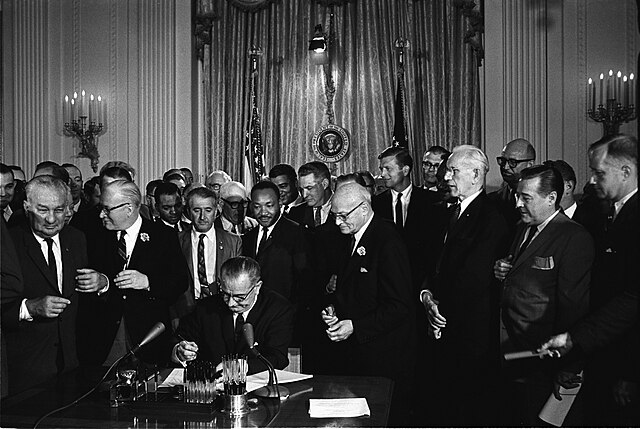
President Lyndon B. Johnson signed the Civil Rights Act into law in 1964. The previous president John F. Kennedy supported the act but was assisinated. In 1968, Dr. Martin Luther King was also assasinated. This deeply impacted the country and still affects people to this day. Some recent laws being passed still restrict civil rights of people, the fight for equal rights continues. Image source
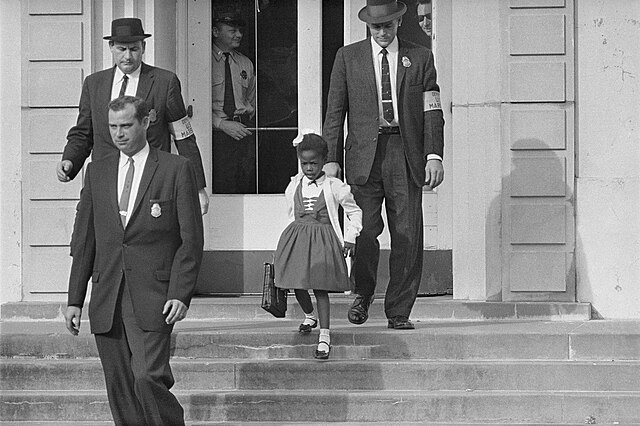
When schools were desegregated, officials had to escort students like Ruby Bridges, to protect them from violence from white classmates.
Image source.

Segregation forced Black Americans to have to use separate drinking water stations. The services separated for Blacks were in worse condition.
Image source
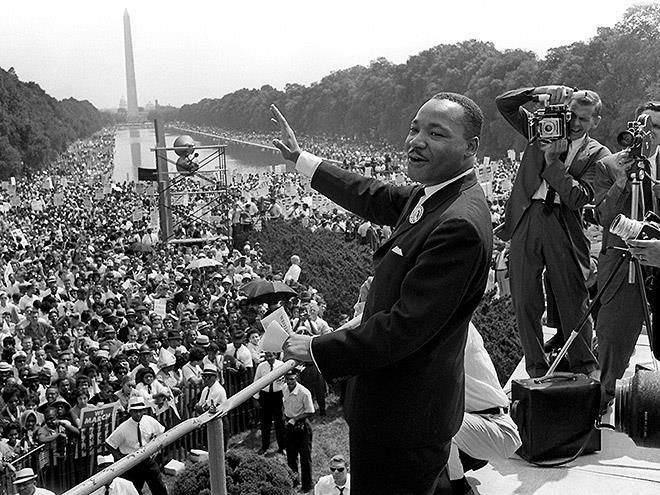
Dr. Martin Luther King Jr. led the March On Washington in 1963 in the fight for civil rights.
Image source
Activity: Civil Rights Literature
Learn more about the experience of youth during the time of the civil rights movement. First, browse through these book recomendations by grade level from Teaching for Change and take note of at least five that interest you. Visit the website of your school or local library or search here to find the book near you. If the book is not available, ask your library to add it to their collection! As a member of a school or library, you may also get access though audio or e-book, ask a librarian for support.
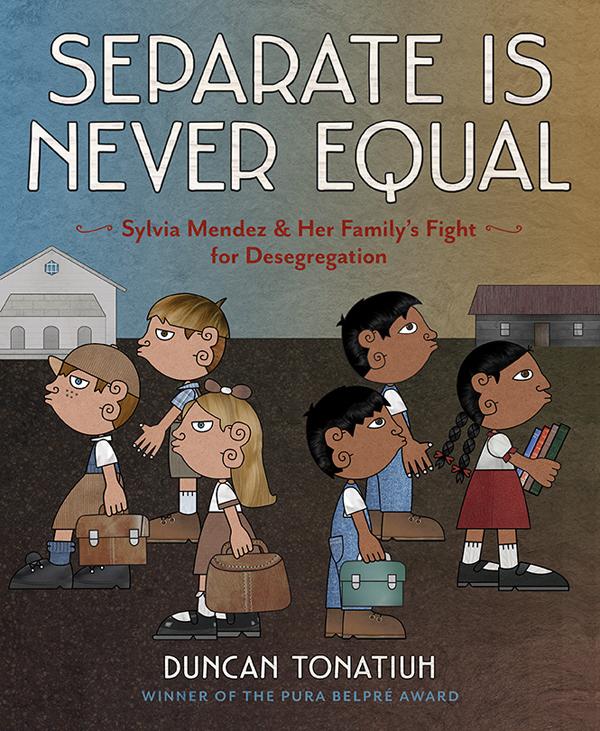
We recommend Separate is Never Equal by Duncan Tonatiuh and And We Rise by Erica Martin
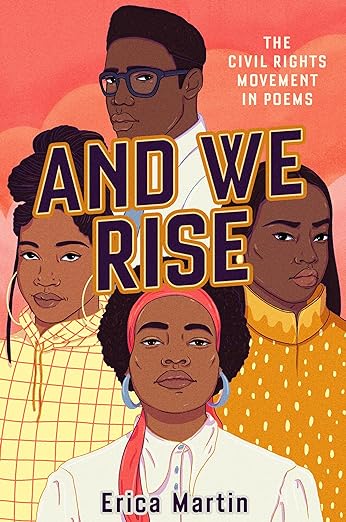
The Black-Latino Experience
The Negro Baseball Leagues were created due to racial segregation in the United States, but they thrived for being so inclusive of players of other countries of origin and diverse ethnicities. The Negro Baseball Leagues welcomed talented players from Latin America including Cuba, the Dominican Republic, Venezuela, Mexico, among others. These athletes experienced a very stressful career while in the United States because they were treated worse for their skin color and it was legal to segregate and discriminate, when in their home country, it was not. On the other hand, as we heard from our guest Byron Motley, black players from the United States could go to Cuba, Puerto Rico, Mexico, and live a life with more respect and freedoms.
Activity: International Talent Baseball Card
Research a MLB player that was born in another country or territory. Use this site to find information about and choose a player to create a baseball card of them. You may create your card in any style you chose, using two sides, be sure to include their name, country of birth, current team name, and information about their stats. Create by hand by drawing or printing an image, or create digitally.
Black servicemen and women’s contributions to World War II
On our show we heard our guest mention that one of the reasons why the Negro Baseball Leagues began to dissolve and it became more socially acceptable that Black players integrate into MLB is because of how much people saw and realized that Black Americans were contributing to the nation, as they always had but now in regards to helping defend the United States in World War II. Black women took on essential jobs such as recycling and repurposing equipment, manufacturing, growing and preparing food items, making uniforms, and more. Seeing Black soldiers in newspapers and on television made many non-black people realize that they deserved equal rights, for equal sacrifices. This shift in perspective along with all the efforts of the Civil Rights movement helped to lead to the end of segregated baseball, with the integration of players such as Jackie Robinson, who also served in the US army.

Black women worked in essential roles that supported the efforts of the war. Image source
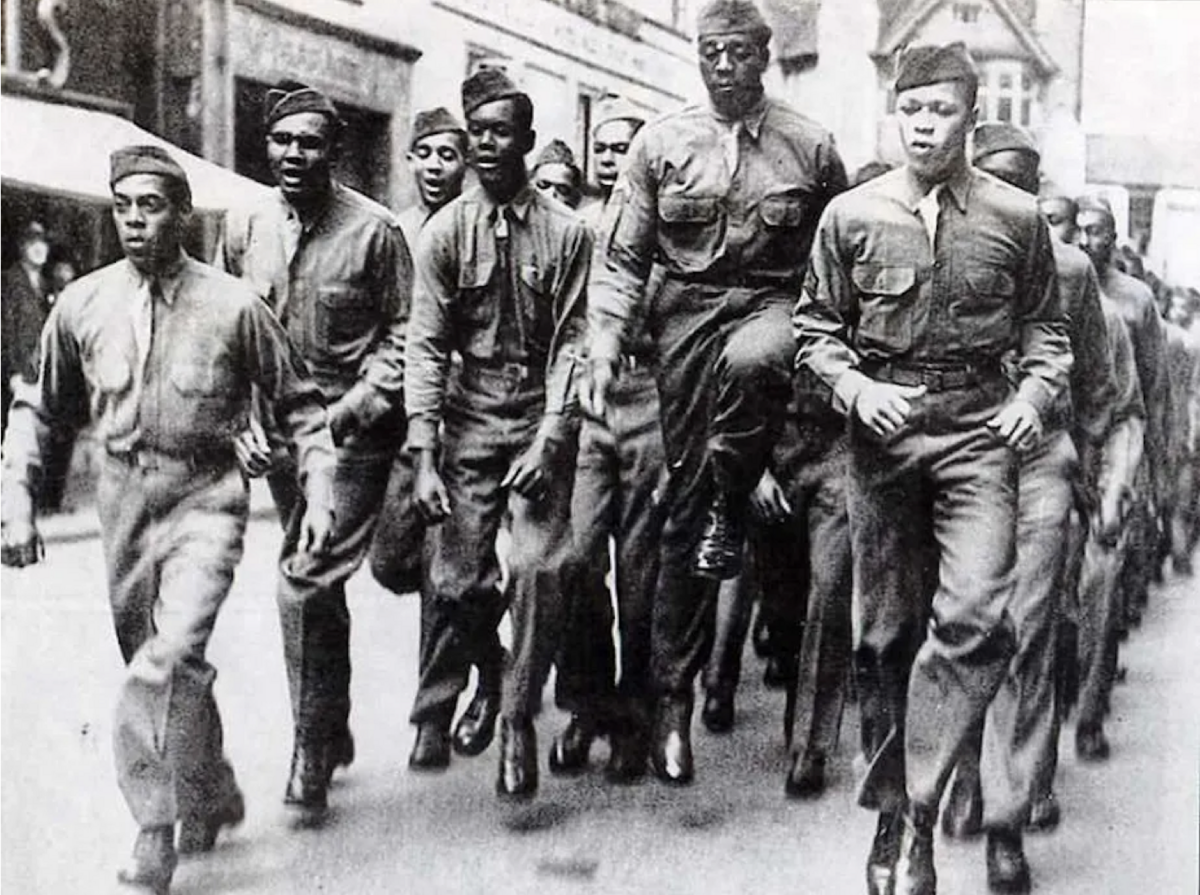
Black soldiers supported the war with their sacrifices and efforts.
Image source
Activity: Thank an essential worker
Sometimes the people with the hardest jobs, yet most important jobs are the ones who go most unnoticed. They are workers in your community including farm workers, custodians, waste management workers, manufacturing technicians, food service workers, daycare workers, animal shelter employees, etc. Think of someone who’s job is essential, which means it is necessary for your community to be successful or survive, and show them your gratitude by writing them a thank you letter.
Challenge: Document Your Family’s History
Our guest Byron Motley taught us the importance of documenting family history. He described how when growing up he used to hear his dad’s stories of being a umpire for the Negro Baseball Leagues, an “ump” is the person in charge of enforcing the rules of the game. They judge the game play, decide results, assign points and penalties and make sure that players stay safe. Bryon realized his dad had incredible history to tell, so he started asking questions and documenting his fathers knowledge and experience, creating a documentary film.
Now its your turn! Think of someone in your family that you would like to learn more about. If possible, find your oldest living relative or someone who has not had their life documented yet but has lived a lot of experiences. Brainstorm questions to ask them, interview and record your person, document their information and create something that you can share with others to teach about their life. Use the template in the activities to help guide you.

Byron Motley and his father Bob Motley. Image source
Media Journal: Negro Baseball Leagues
After watching one or both of the videos, use the guiding questions to reflect on what you learned. Share your information with another person.
What did I already know about this topic?
What did I learn from the video?
What new questions or wonders do I have?
More Activities and Resources
Check out the Negro Baseball Leagues Museum website
Here is an educators guide and book review of Separate is Never Equal by Duncan Tonatiuh
Here is an NPR article about Bob Motley
Learn more about Jackie Robinsons military experience and fight for equal rights
Read more about the history of the Negro Baseball Leagues on Kids Britannica
Meet the players who were in the Negro Leagues
Learn more about how baseball is played in this video
Learn more about the rise and fall of segregation through PBS Learning Media of the Jim Crow Laws
Read more about the statistics and the basic vocabulary of baseball from this documentary Baseball & the Tenth Inning by Ken Burns
Learn more about the role of Latino’s in the Negro Baseball League
©2024 The Children’s Hour Inc., All Rights Reserved.

